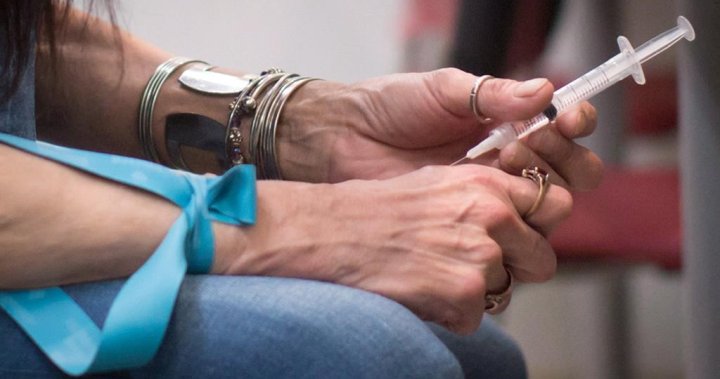
‘Careful evaluation needed’: Seemingly contradictory studies of B.C.’s safer supply released
Global News
One study found the program was associated with a reduced risk of death, while the other concluded the strategy was associated with an increase in opioid overdose hospitalizations.
Peer-reviewed research is emerging about the possible impact of British Columbia’s safer supply program, which provides prescription alternatives to toxic illicit drugs.
Two studies in international medical journals cast the strategy in a different light. One found the program was associated with a reduced risk of death from overdose and other causes among opioid-using participants, while the other concluded the strategy was associated with a significant increase in opioid overdose hospitalizations across the community.
The authors of the studies say the two sets of results aren’t contradictory. Instead, they ask different questions about the policy, introduced in 2020.
The safer supply policy has since become a lightning rod for critics, including federal Opposition leader Pierre Poilievre, who has pledged to shut it down if he becomes prime minister.
Shawn Bugden is an author of one of the studies, which found an almost 63 per cent “relative increase” in the opioid overdose hospitalization rate across B.C. after the introduction of safer supply. It was published in JAMA Internal Medicine in January.
He said in an interview there could be multiple explanations, including the diversion of safe-supply drugs onto the illicit market, which the study says could occur “for various reasons, including to purchase unregulated fentanyl.”
Increased toxicity of illicit drugs during the period of the study could also be to blame, but Bugden said there was no similar increase in Saskatchewan or Manitoba. Those provinces do not have a safer supply and were chosen as controls for the study because they had comparable data to B.C.
The authors were not trying to imply “causality” between safer supply and the spike in overdose hospitalizations, said Bugden, dean of the school of pharmacy at Memorial University of Newfoundland.
